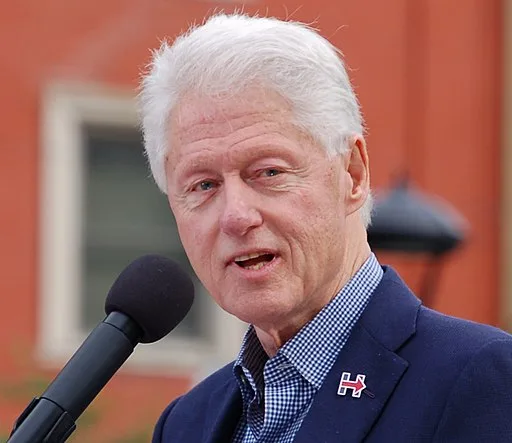The Former President argues Hunter Biden’s treatment was harsher than it would have been for an ordinary citizen, despite backlash from party leaders
Former President Bill Clinton offered a strong defence of President Joe Biden’s controversial decision to pardon his son, Hunter Biden, during an appearance at the 2024 DealBook Summit in New York on Wednesday. Clinton, while acknowledging the sensitive nature of the issue, argued that Hunter Biden had been subjected to harsher consequences than an average citizen would have been for similar crimes.
“I personally believe that the president is almost certainly right that his son received completely different treatment than he would have if he hadn’t been the president’s son,” Clinton said. His remarks came in the midst of a growing political storm following the pardon, which has drawn sharp criticism from several high-profile Democrats.
The decision to grant clemency to Hunter Biden, who faced charges related to tax evasion and the purchase of a firearm while struggling with addiction, has sparked division within the Democratic Party. California Governor Gavin Newsom, a potential presidential contender, publicly expressed disappointment with Biden’s move, though he understood the president’s reasoning. Other Democratic leaders have similarly expressed concern that the pardon could undermine the party’s commitment to the rule of law.
Embed from Getty ImagesHunter Biden had pleaded guilty to federal tax crimes and a felony charge related to a 2018 handgun purchase. With his pardon, he avoided two criminal sentencing hearings set for December. Critics of the pardon argue that it sets a dangerous precedent, with some accusing President Biden of using his executive power to shield his son from legal consequences, while others see it as an act of political convenience.
In response to these criticisms, Clinton, who has also faced scrutiny over pardons granted during his presidency, pushed back against comparisons between his decision to pardon his brother, Roger Clinton, for a 1985 cocaine trafficking conviction and Biden’s pardon of his son. Clinton explained that his brother had served 14 months in prison and emphasized the importance of considering the broader implications of denying individuals the right to fully reintegrate into society.
The controversy surrounding Hunter Biden’s pardon has also prompted questions about how presidential pardons are granted and whether the process needs reform. Clinton suggested that there should be a broader national conversation on how pardon applications are evaluated, acknowledging the complexity of such decisions.
As the fallout continues, Clinton took a defiant stance, questioning whether the party’s reputation would truly be harmed by the pardon. “We had a lot better record than Republicans did, didn’t we? And what good did it do us?” he remarked, referencing the persistent cynicism towards politics. “I mean, nobody believes anybody anymore.”
This debate over presidential pardons is far from over. Clinton’s defence, while offering some justification for the decision, highlights the deeper divisions within the Democratic Party, as well as the long-standing scrutiny of how political figures use their power to shape legal outcomes for family members.
